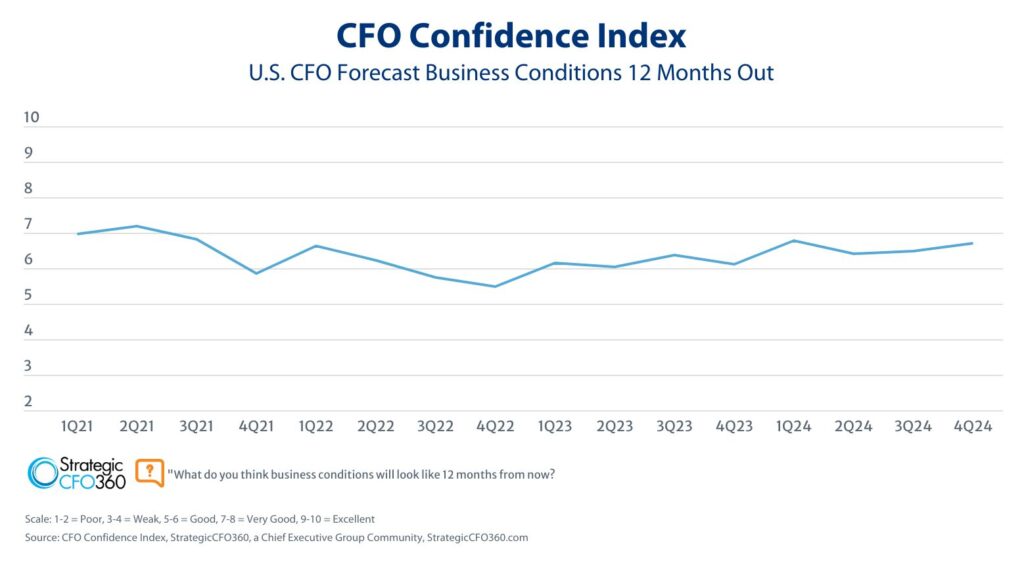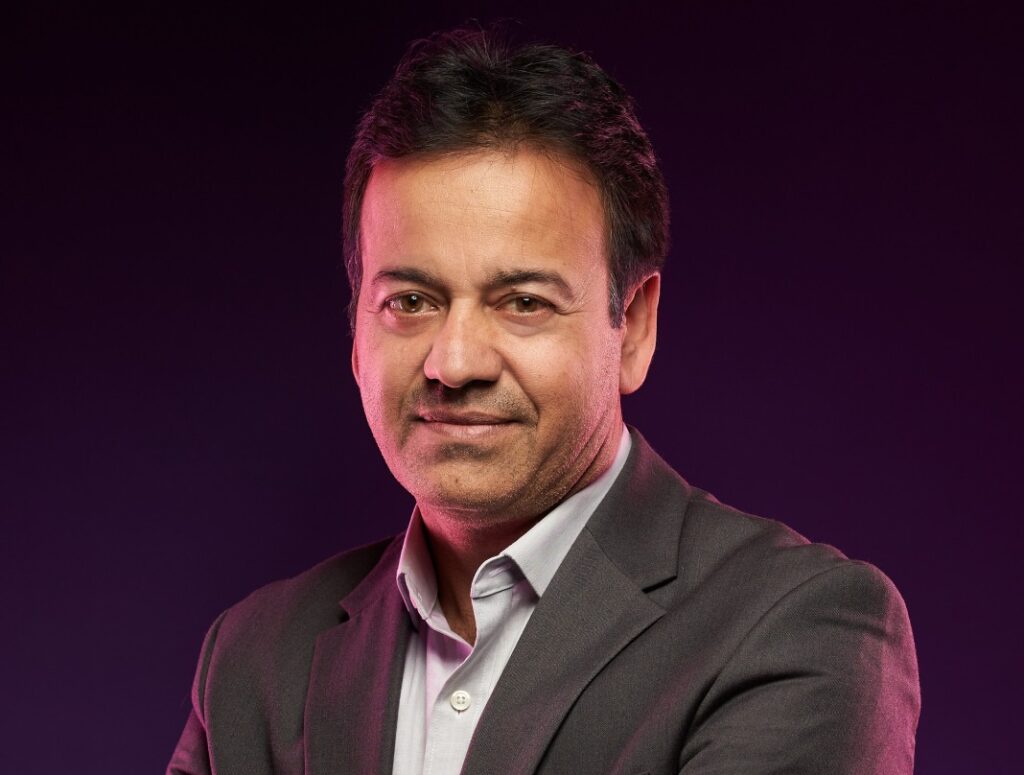When it comes to healthcare costs and inflation, the real impact of the pandemic and its aftermath will truly arrive in 2024, 2025 and 2026.
CFOs find themselves face to face with the perfect storm—high inflation, increased demand for services and a prolonged spike in healthcare utilization. These factors are creating an escalating burden on companies of all sizes and wreaking havoc on their profits and losses.
Health insurance costs are climbing at the steepest rate in years, reports The Wall Street Journal. Insurance carriers and their brokers are incentivized to drive costs up, not down, yet CHROs still rely on representatives of those organizations to disrupt the purchasing process and contain costs. For this reason, it is critical that CFOs and private equity firms play a much more involved role in developing effective cost-containment strategies that balance employee health with innovative ways to attack trend creep.
Management consultant Aon predicts that healthcare costs will continue their upward trajectory, a projection supported by estimates of over $15,000 per employee in 2024 and representing an 8.5 percent increase from 2023. That’s nearly double the 4.5 percent increase that employers saw from 2022 to 2023. Because healthcare costs significantly erode EBITDA, 69 percent of CFOs identified healthcare costs as a substantial concern for their organizations, finds Mercer.
With forecasts like this on the horizon, CFOs must shake up the status quo in their health benefits programs by inserting themselves into the details of their healthcare plans, working more closely with HR leaders to better understand their benefits program’s costs, utilization and ROI.
2024: Year of the CFO
As healthcare inflation increased over the last year and a half, health premiums and benefits costs stayed essentially stable. In some cases, employer health plan contracts were in place, so cost effects were minimal. With post-pandemic increases in medical utilization, spiking hospital labor costs, growth in chronic and costly clinical conditions (heart disease, diabetes, mental health, substance use, etc.), higher costs will be dramatic, and phase in over many years.
Businesses (along with owners/shareholders) need CFOs to “take the reins” and bring a unique perspective to the annual benefit strategy decision process in a much more assertive way. Minor tweaks to plan design or benefit offerings may no longer have the impact on cost reduction that companies now need.
CFOs must partner with their CHRO to ask the tough questions, like:
- What employee utilization metrics do we get from our current healthcare plans?
- What is our return from this utilization and the per-employee cost?
- What are the hidden fees and commissions buried inside broker contracts?
- Do we have the right plan partners, or should we unbundle them?
- Can we improve the healthcare offerings to our workforce—while reducing cost growth at the same time?
The collaboration between the CFO and CHRO must challenge existing approaches, and even push consultants, brokers and carrier partners to do more to identify alternative strategies.
With increasing focus on the CFO and their role in mitigating healthcare cost growth, key questions arise: How are you restructuring your healthcare plans to deliver EBITA? What will occur in 2024, 2025 and beyond to manage increasing costs while optimizing a member-centric, valued health benefits program?
Answers to these questions are more critical now than ever. CFOs will need to think differently and engage strategically with HR leadership going forward.







